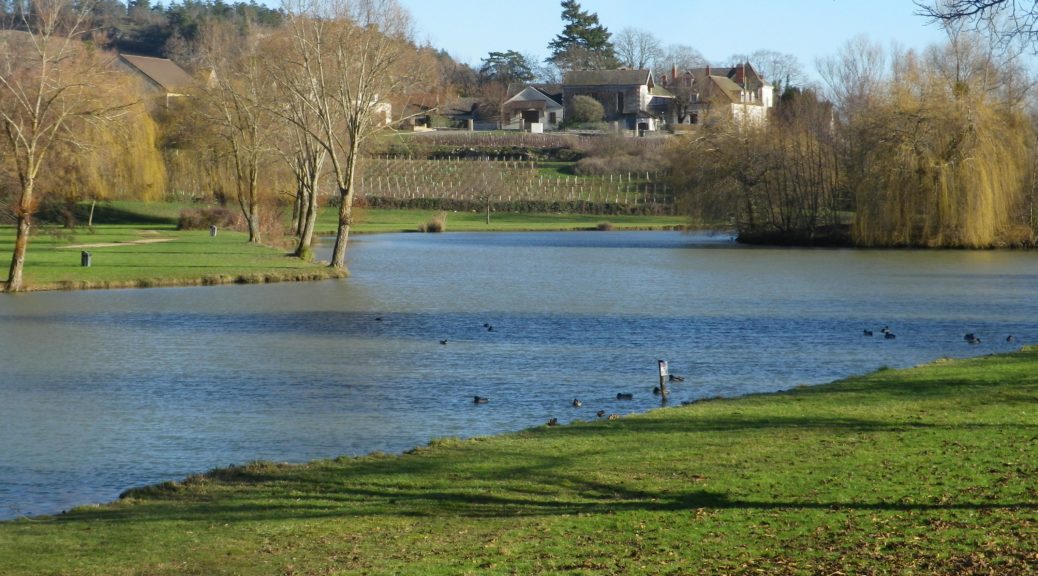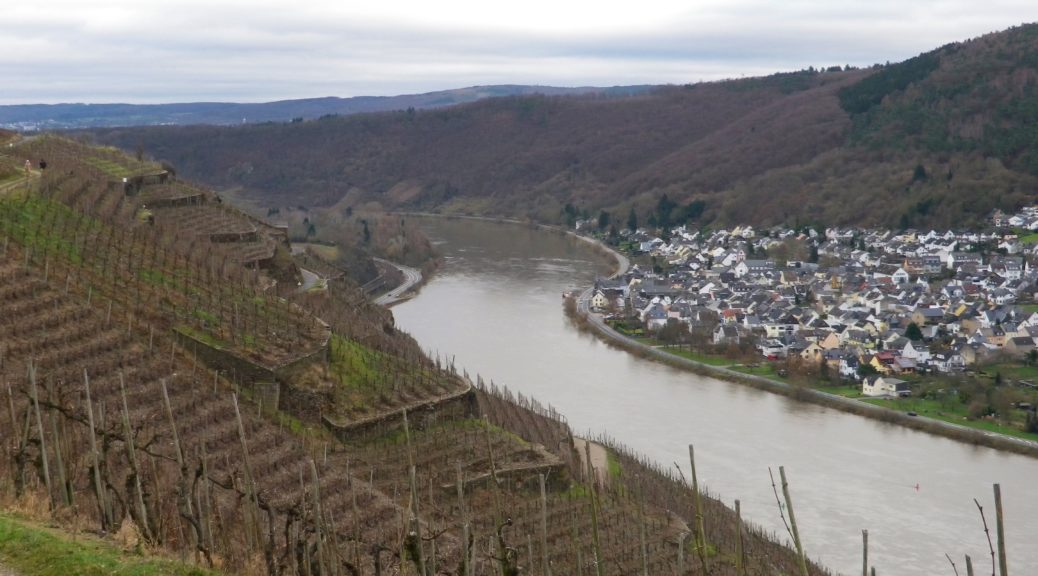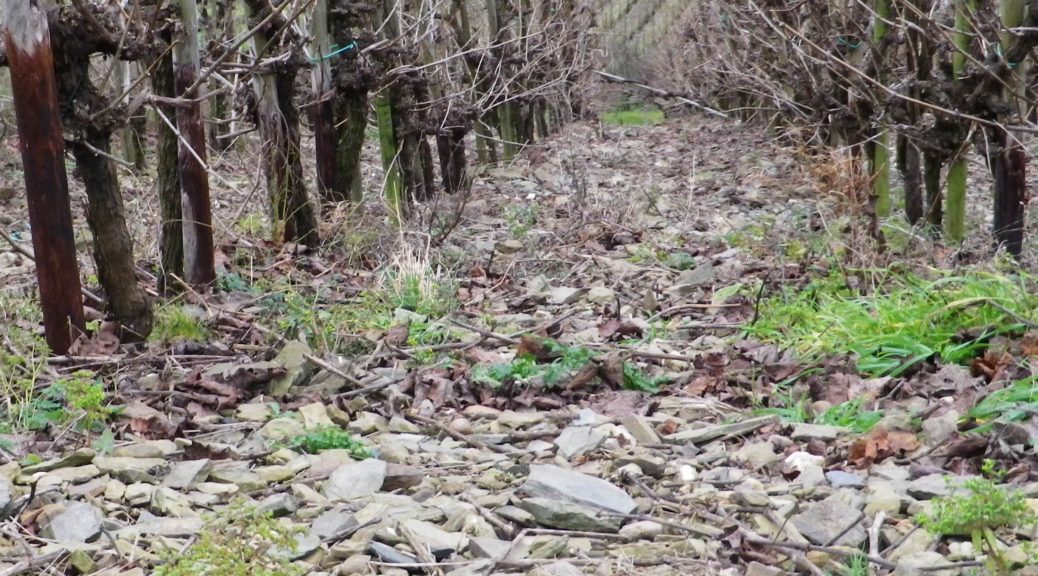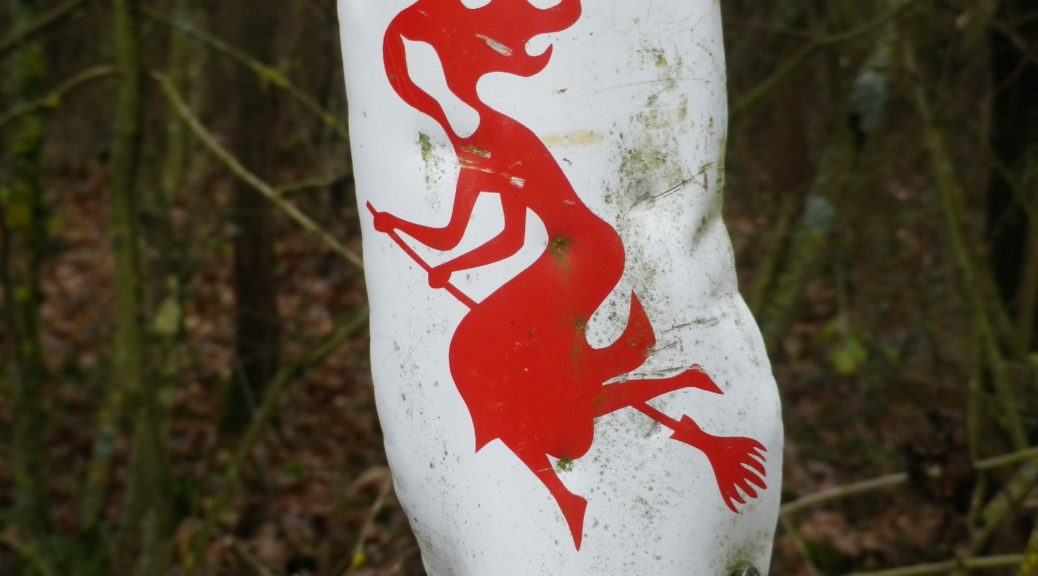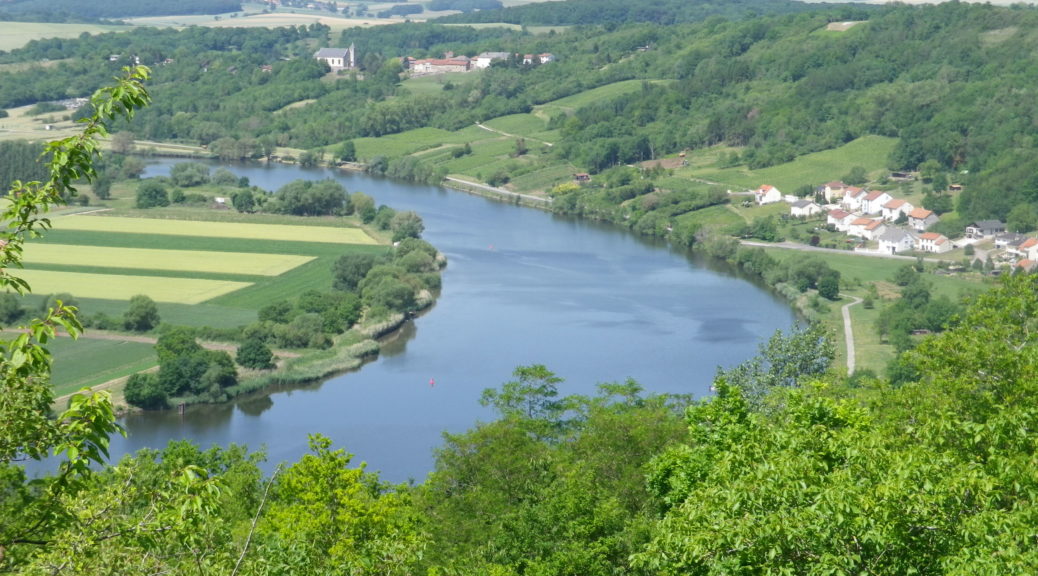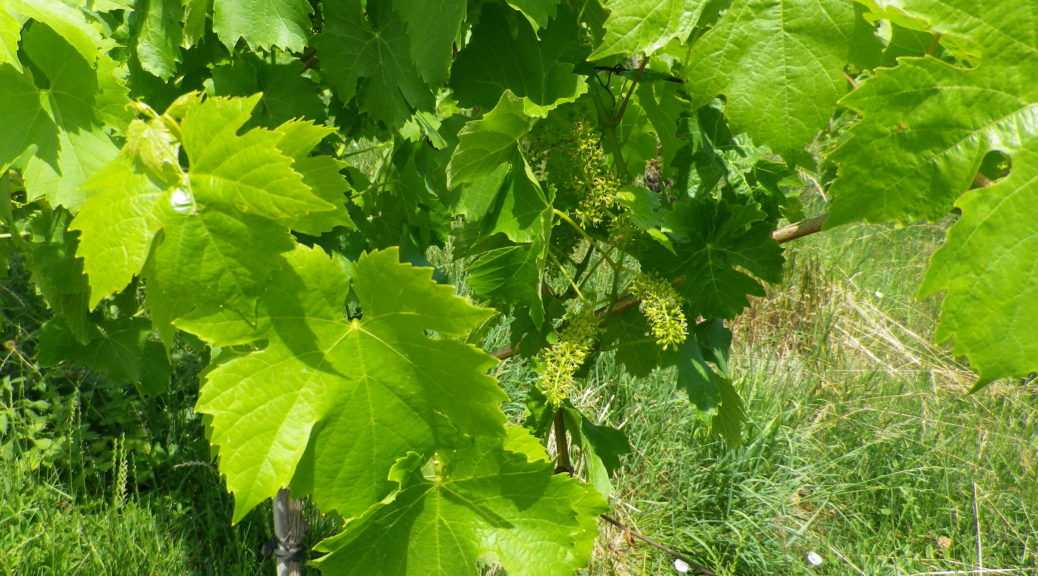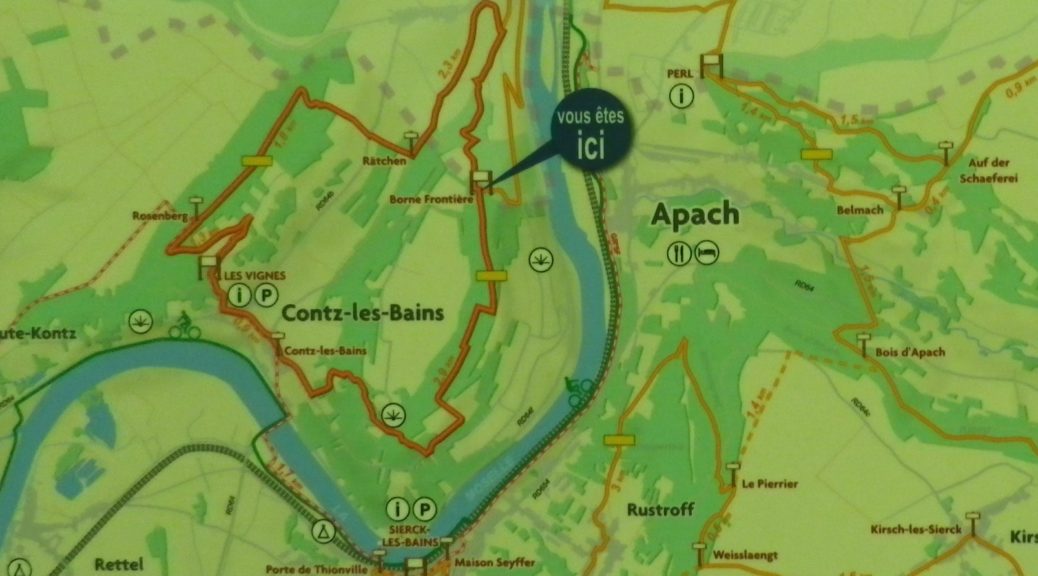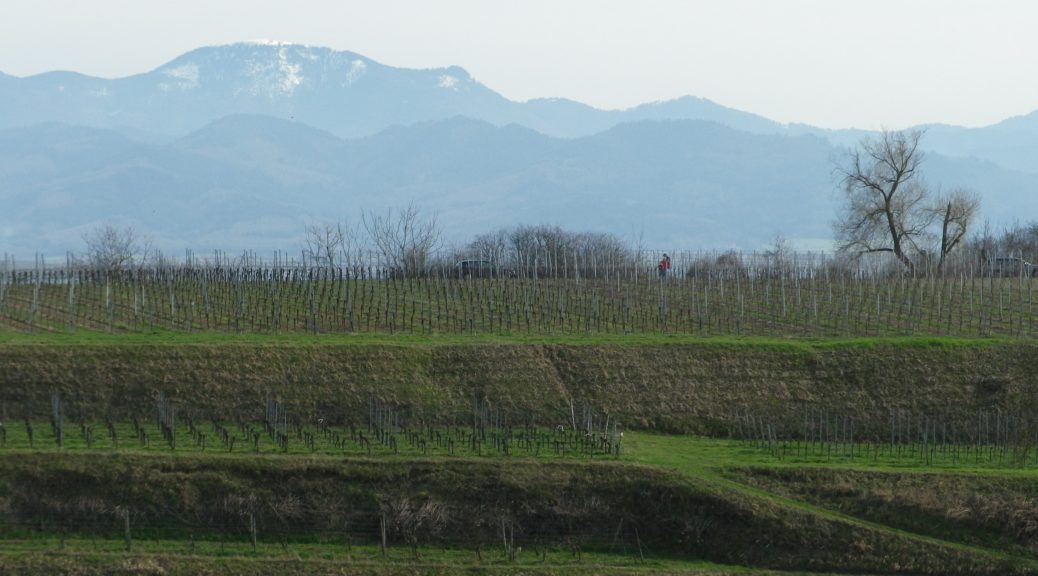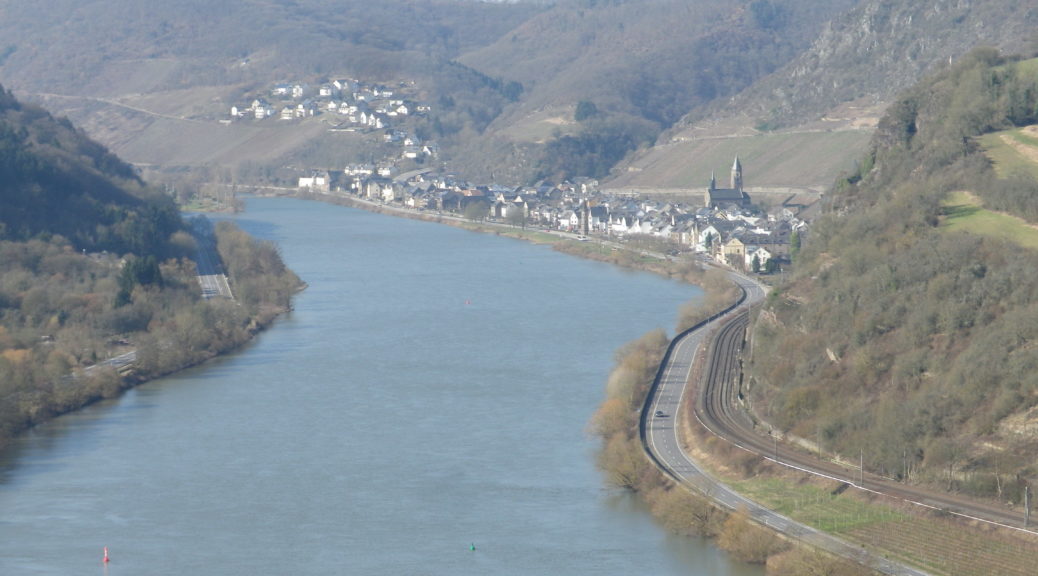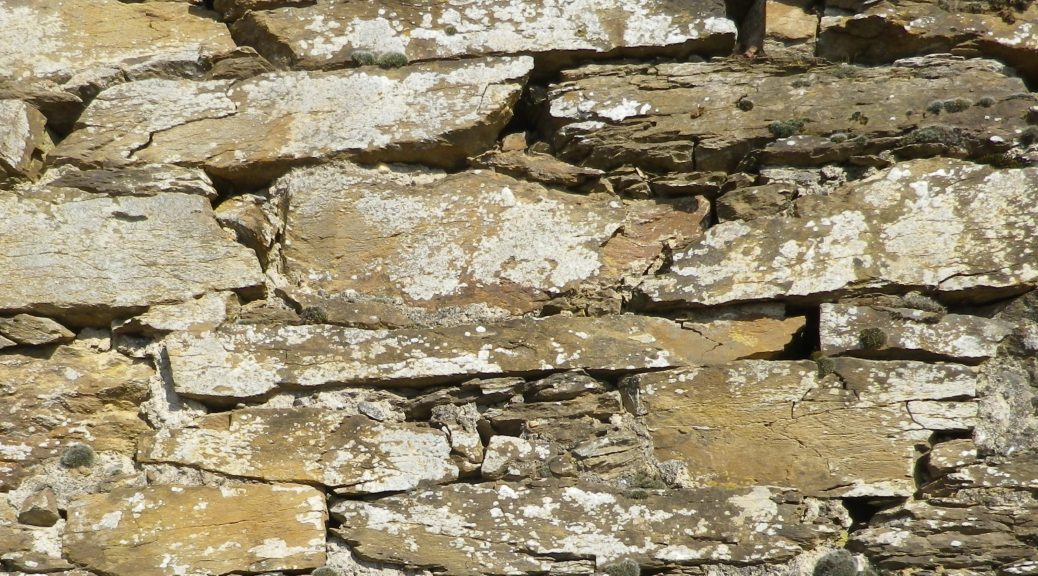Tag Archives: Moselle
On Witches and Wine
On a dark December day, Christmas Eve 2017, the raw wind cut like a knife atop the Hexen Berg above Winningen. The beautiful views of the Moselle Valley from above, belied an ugly past here. Hexen Berg means Witch Mountain, and here, from 1641 to 1651, many so-called witches were cruelly burned alive during a period of great superstition and intolerance.
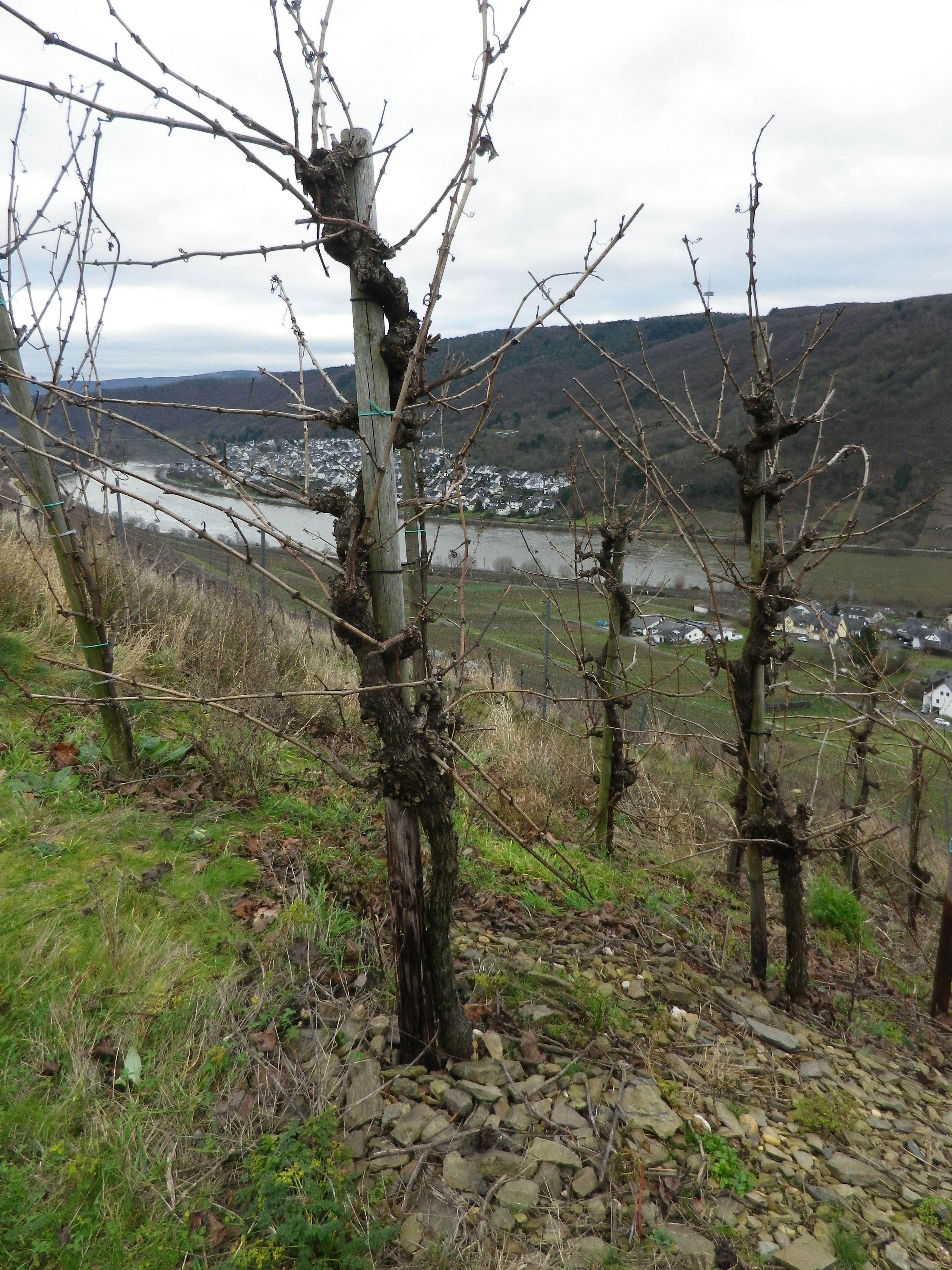
Wine Notes: Terraced Moselle
What I Learned:
Germany’s Moselle River region is as an important wine-producing area in Germany as the Rhine region. Called the “Mosel,” in German, it is also important to the wine industries in Luxembourg, and Lorraine, France. It is the oldest wine producing region in Germany.
The Moselle is famous for its slate. Ribs of the stuff poke out from the earth, and chunks of it cover the ground under the vines. While the Moselle is not as long as the Rhine, it is so diverse as it flows northeast through Germany, that it can be divided into distinct wine areas. Germans refer to these Moselle sections as the Upper Moselle, beginning at the French border, the Middle Moselle, and the Lower Moselle, ending at Koblenz.
Hexenpfad: Trail in a Nutshell
Trail Name: Winninger Hexenpfad
Trail Type: Short distance; well-maintained, varied surfaces (grass, earthen, paved; signage good in some places, but lacking in others along the trail
Length: 8 kilometers/5 miles
Convenient to: Koblenz, Germany
Marking: Red witch on a white background (See photo above.)
From the Moselle to the Mosel
The Moselle River is famed for its wines – German wines. But the Moselle actually begins in France, coming out of the Vosges Mountains, rolling along its way through the northeastern corner of France. Where France and Germany and Luxembourg meet, the Mosel begins, where all three countries lay claim to Moselle/Mosel wines of note. But this is not an article about German Mosel wines, nor about Luxembourg’s Moselle wines either, as they have already been done. (See here for Germany, and here for Luxembourg.) Rather, this is about the French Moselle wines and wine country, which is far less known, and quite new as an appellation.
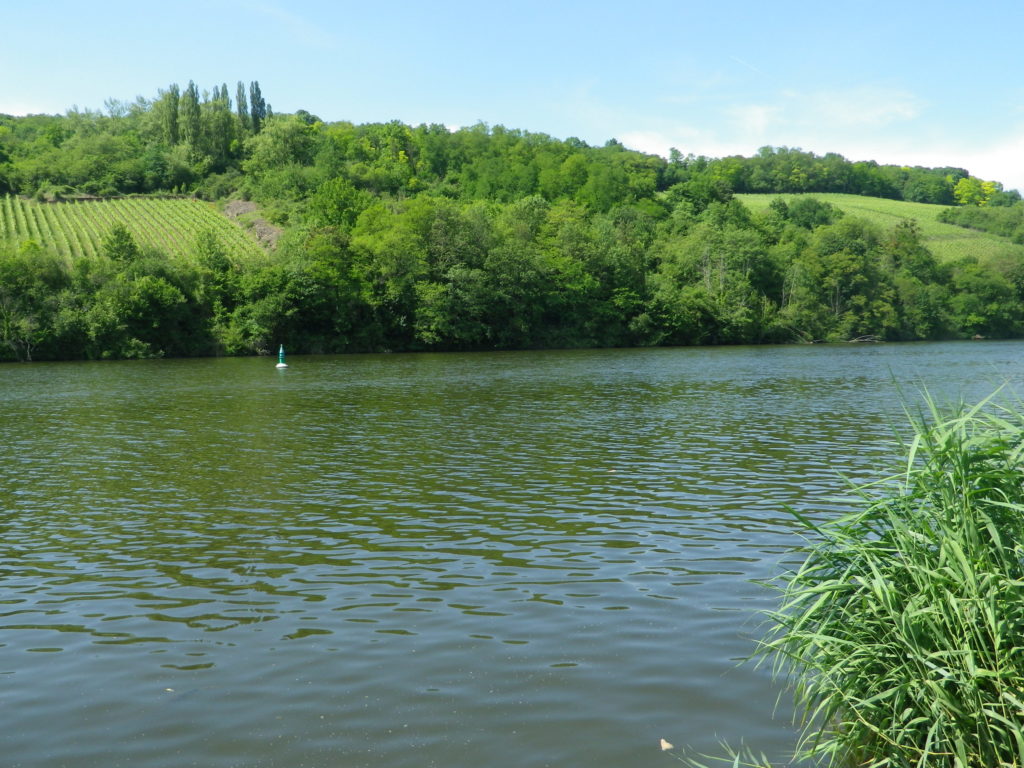
Wine Notes: French Moselle
What I Learned
The year 2011 saw the creation of the Appellation d’Origine Controlee (AOC) Moselle. This AOC produces still white, red and rose wines. About 60 hectares and 20 communities participate in this newest of appellations. It falls in three distinct sections. One is by Sierck-les-Bains, where the Moselle first leaves French territory, heading into Germany and Luxembourg. A second is around the city of Metz, a bit further south. The third section is about 60 miles south from Sierck-les-Bains, around the town of Vic-sur-Seille.
Circuit de Stromberg: Trail in a Nutshell
Trail Name : Circuit de Stromberg (AKA: Boucle de Stromberg)
Trail Type: Short distance circuit; mostly hard surfaces, to include about 100 steps, somewhat maintained, but the route itself is only intermittently marked.
Length: 7.7 kilometers/4.75 miles
Convenient to: Thionville, France; Remich or Schengen, Luxembourg; Perl, Germany
Marking: Yellow rectangle/Red and white rectangles thru town/Red dot; as well as location and directional signposts
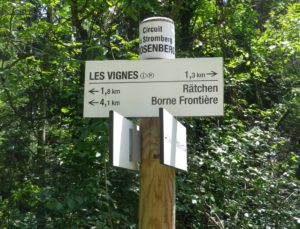
Gallery March 2018
Climbing the Moselle Terraces
The Weinwetterweg circuit, if nothing else, promotes a new appreciation for viticultural workers on the Moselle. The “Terraced Moselle” is the name of wine district where the lower length of the Moselle starts, and serious terraces begin. This end of the Moselle twists and turns through the slate cliffs and outcroppings that line its sides. As it approaches the junction with the Rhine at Coblenz, the seemingly impossible-to-sustain vineyards appear between narrow river frontage, and high rocky promontories. This is the most spectacular part of the Moselle, and is well worth both a visit and a hike.
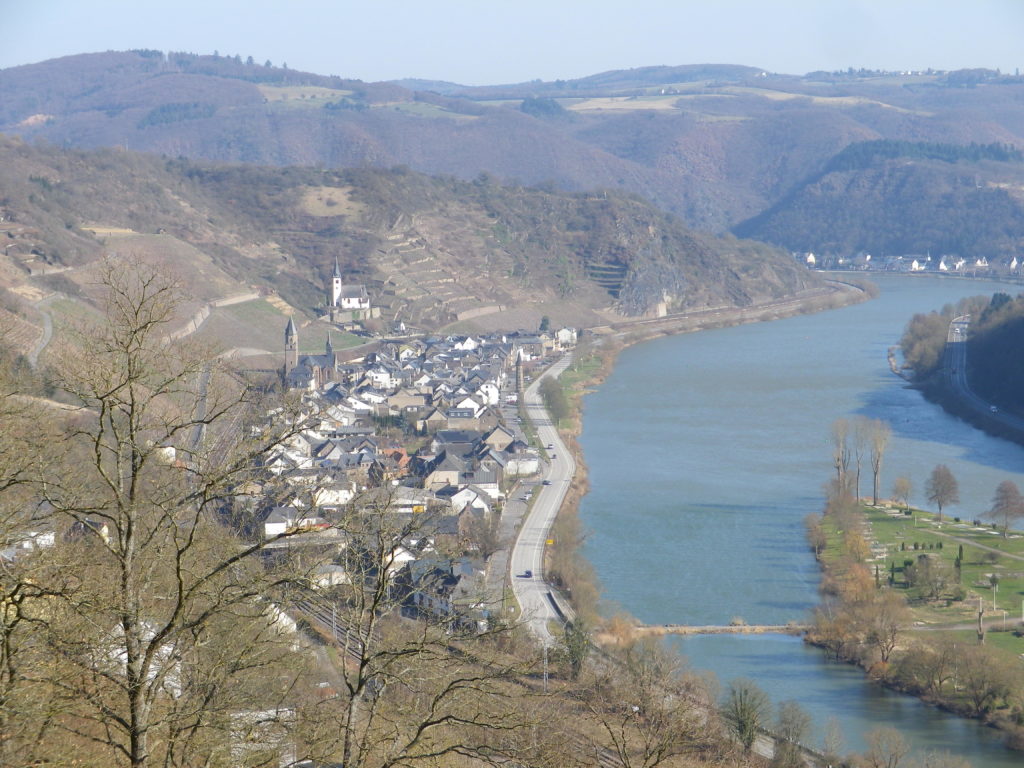
Wine Notes: Lower Moselle/Terrassenmosel
What I Learned:
Germany’s important (and oldest) wine-producing Moselle River region has three wine districts along it – the Upper, Middle and Lower – beginning at the French-Luxembourg border, and continuing to Koblenz downriver. This post focuses on the Lower Moselle (Untermosel), also known as the Terraced Moselle (Terrassenmosel).
This district, north of Zell (with the famous black cat emblem), past Cochem and its imposing Reichsburg Castle, to the river junction at Koblenz with the Rhine, boasts some of the steepest vineyards in the world. It is home to the Calmont in Bremm, which has almost a 65-degree incline! Hence the need for the narrow terraces which dominate the landscape in the vine-bearing cliffs and steep hillsides of this district. In the village of Hatzenport, three named vineyard areas, the Kirchberg, the Stolzenberg and the Burg Bischofstein, are among some of the steepest vineyards in the district.
